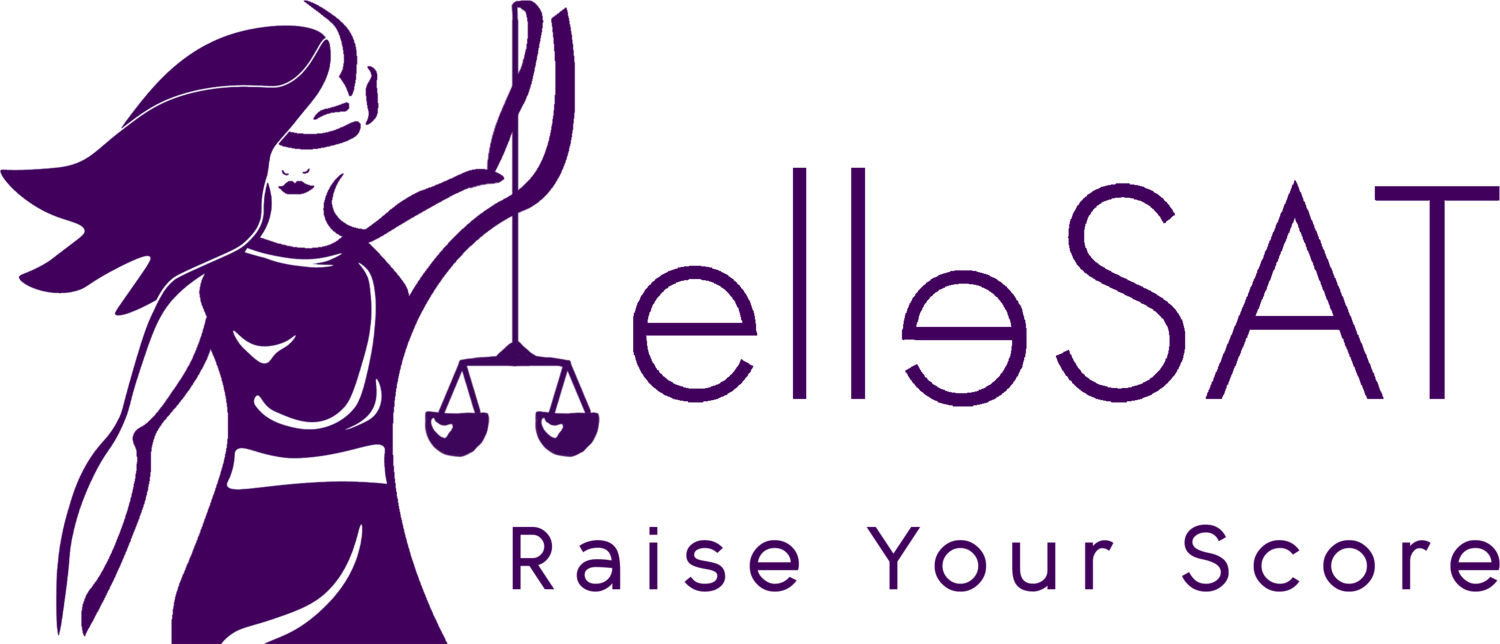elleSAT’s Reading List - November 10
Haven’t done much interesting reading since sending the last newsletter because I have a legal writing assignment due next week. We’ll be sending out more regular newsletters beginning in December - just in time to get you ready to go for the January LSAT!
For those of you testing this week, good luck! We are proud of you for sticking with the studying and following your dreams. Hope you might find it useful to have some last-minute non-LSAT reading practice:
Ripples from a Protest Past
A look back at an armed occupation on Cornell's campus in 1969. May require login.
The Common Law Doctrine of Negligence Per Se
The negligence per se doctrine requires courts to hold individuals negligent as a matter of law when they violate a statute. Though courts have widely accepted negligence per se, commentators have long criticized the doctrine for its potential to impose substantial liability for relatively minor statutory violations, and for its ceding of judicial responsibilities to the legislature. This law review article traces the development of negligence per se and discusses the main criticisms of the doctrine, but does not duplicate the comprehensive analysis other writers have given the subject. The purpose of this Article is to call attention to an often-overlooked issue in negligence per se: whether courts have, or should have, discretion in choosing which legislative standards to adopt for negligence per se purposes.
On Sexual Harassment in the Judiciary
Professor Leah Litman and Ms. Deeva Shah argues existing structures within the legal profession perpetuate and support sexual misconduct and bad behavior among actors the profession places on a pedestal. They conclude that all of us—students, professors, advocates, judges, etc.—need to reflect on how existing institutional structures and our own actions allow harassment to happen, and how we can change that.

